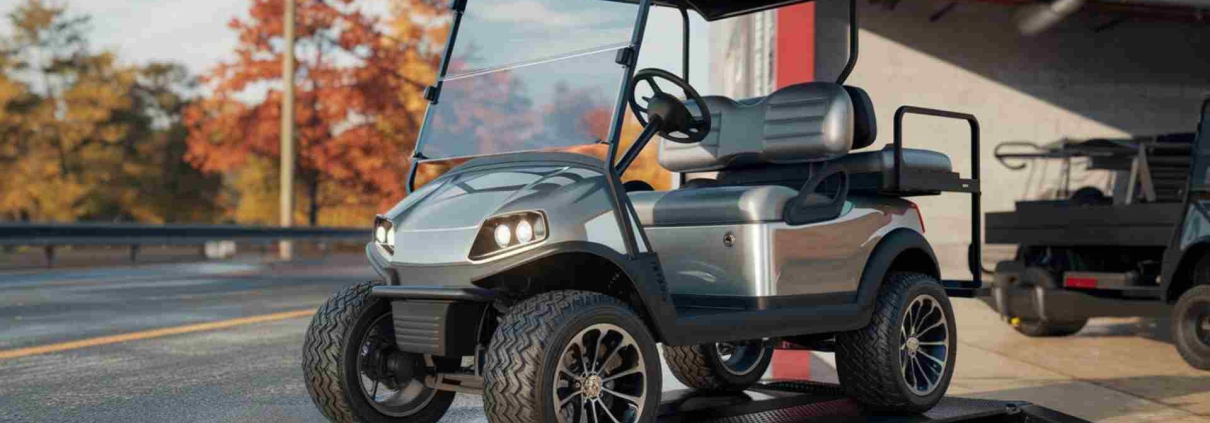The Role of Distilled Water in Golf Cart Battery Care — Understanding the Benefits of Lithium Batteries
Maintaining golf cart batteries is essential for ensuring optimal performance and extending battery life. For owners using traditional lead-acid batteries, understanding why distilled water is necessary—and how to properly maintain battery fluid levels—is key. At the same time, advances in lithium battery technology offer a low-maintenance alternative worth considering.
This article explores the importance of distilled water in golf cart battery care and highlights the maintenance-free advantages of lithium batteries.
Why Is Distilled Water Important for Golf Cart Lead-Acid Batteries?
Lead-acid batteries rely on an electrolyte solution made of sulfuric acid and water. During charge and discharge cycles, water molecules within the electrolyte break down or evaporate. This natural loss requires periodic replenishment to maintain the proper electrolyte level.
Why distilled water specifically?
- Purity: Distilled water is free from minerals, salts, and impurities found in tap or bottled water. Using untreated water can lead to sediment buildup, corrosion of battery plates, and reduced performance.
- Preventing Damage: Minerals and impurities cause sulfation and scaling, which shorten battery lifespan.
- Maintaining Performance: Correct electrolyte levels ensure efficient chemical reactions, which translate to consistent power delivery and longer battery life.
Proper Maintenance Practices Using Distilled Water
To keep your golf cart’s lead-acid batteries healthy, follow these maintenance tips:
- Regularly Inspect Electrolyte Levels: Check the fluid in each cell monthly or after heavy use.
- Add Only Distilled Water: Never use tap or mineral water. Add water only to cover battery plates, leaving space for expansion during charging.
- Avoid Overfilling: Overfilling can cause electrolyte spillage during charging, which can damage your battery and surrounding components.
- Wear Protective Gear: Always use gloves and eye protection when handling batteries.
- Charge Properly: Overcharging accelerates water loss and damages the battery.
Battery Maintenance Safety Tips
When handling golf cart batteries and adding distilled water, safety is paramount:
- Wear Protective Gear: Always wear gloves and safety goggles to protect your skin and eyes from sulfuric acid, which is highly corrosive.
- Work in a Ventilated Area: Batteries emit hydrogen gas during charging, which is flammable. Ensure good airflow to prevent gas buildup.
- Avoid Sparks and Flames: Keep open flames, smoking materials, and sparks away from battery areas to prevent explosions.
- Use Proper Tools: Use a clean plastic funnel to add distilled water to avoid contamination and spillage.
- Clean Spills Immediately: If electrolyte spills occur, neutralize with a baking soda solution and clean thoroughly.
Following these precautions ensures safe battery maintenance and prolongs battery life.
How to Know When Your Battery Needs Distilled Water
Regular checks help you determine when to add distilled water:
- Check the Electrolyte Level: The electrolyte should cover the lead plates inside each battery cell. Use the fill line indicator if your battery has one.
- Look for Signs of Low Electrolyte: If the plates are exposed or the battery case appears swollen, the electrolyte is likely low.
- Frequency: Generally, check every 4 to 6 weeks, or more often if you use the golf cart heavily or in hot climates where water evaporates faster.
- Avoid Overfilling: Only add enough distilled water to cover the plates, leaving some space to accommodate expansion during charging.
Regular monitoring prevents damage caused by low electrolyte levels.
Common Misconceptions About Using Distilled Water
Understanding these points helps avoid mistakes:
- Tap Water vs. Distilled Water: Tap water contains minerals that can build up inside the battery, reducing efficiency and lifespan. Always use distilled water.
- Is Purified or Filtered Water OK? Purified or filtered water may still contain trace minerals. Distilled water is the safest choice.
- Adding Too Much Water: Overfilling can cause electrolyte to overflow during charging, which can corrode battery terminals and nearby parts.
- Frequency of Adding Water: Don’t add water unnecessarily; only top up when the electrolyte level is low to avoid dilution of the acid.
Correct use of distilled water ensures your golf cart battery remains healthy and performs well.
Why Consider Lithium Batteries? Maintenance-Free Benefits
While distilled water maintenance is critical for lead-acid batteries, lithium batteries for golf cart are designed to be maintenance-free. Their sealed construction eliminates the need for water refills.
Advantages of lithium batteries include:
- No Water Addition Needed: Eliminate the hassle of checking and refilling distilled water.
- Longer Lifespan: Lithium batteries typically offer 3-5 times more charge cycles than lead-acid batteries.
- Consistent Power Output: Deliver steady voltage until fully discharged.
- Lightweight and Fast Charging: Improve cart performance and reduce downtime.
Although lithium batteries come with a higher upfront cost, the reduction in maintenance and improved performance make them a worthwhile investment.
Conclusion
For golf cart owners using lead-acid batteries, distilled water is essential for keeping batteries healthy and efficient. Proper maintenance prevents common battery issues and extends usable life. However, for those seeking a hassle-free experience, upgrading to lithium batteries for golf cart offers a compelling alternative with minimal upkeep and superior performance.
For those interested in exploring more about choosing the right lithium batteries, check out our detailed guide on best lithium golf cart batteries: how to choose what’s right for you. It offers practical advice to help you make an informed decision when upgrading to maintenance-free lithium batteries.


